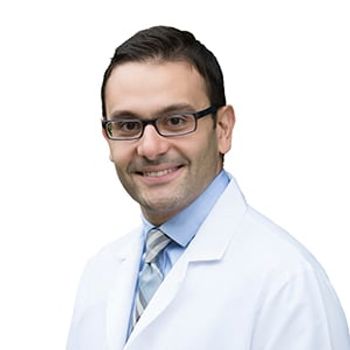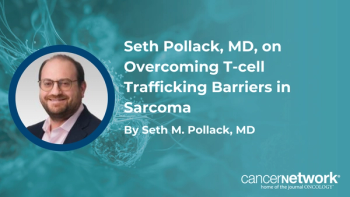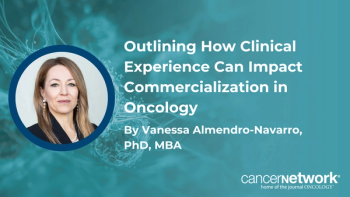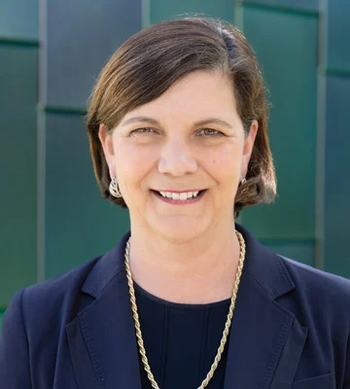
Linda Bohannon, RN, BSN, MSM, on the Cancer Experience Registry
The Cancer Experience Registry was developed by the Cancer Support Community in order to collect information about the emotional and social effects of living with a cancer diagnosis.
The Cancer Support Community (CSC), the largest professionally led nonprofit network of cancer support worldwide, has created the Cancer Experience Registry in order to collect information about the emotional and social effects of living with a cancer diagnosis.
Though other cancer registries exist, this is the first to focus on the self-reported emotional and social effects of a cancer diagnosis. The 3 main goals of the registry according to CSC are:
- to support greater understanding of the social and emotional needs of people who have been impacted by cancer;
- to raise awareness among the research community, health care providers, patient advocates and policy makers around gaps in care and the social and emotional challenges of people affected by cancer; and
- to develop programs and services that will address the emotional and social needs and ultimately improve the long-term quality of life of people impacted by cancer.
To date, more than 15,000 people have participated in the registry. The survey is completed entirely online and typically takes between 60 to 90 minutes. Any individual who has been diagnosed with cancer at any point in their lives is eligible to participate in the on-going research.
In an interview with CancerNetwork®, Linda Bohannon, RN, BSN, MSM, president of CSC, discussed the registry further and what it may offer for patients with cancer.
This segment comes from the CancerNetwork® portion of the MJH Life Sciences Medical World News, airing daily on all MJH Life Sciences channels.
Reference:
Cancer Support Community. Welcome to the 2020 Cancer Experience Registry Report. Cancer Support Community website. Published 2020. Accessed November 11, 2020. https://www.cancersupportcommunity.org/2020CancerExperienceRegistryReport
Newsletter
Stay up to date on recent advances in the multidisciplinary approach to cancer.





































